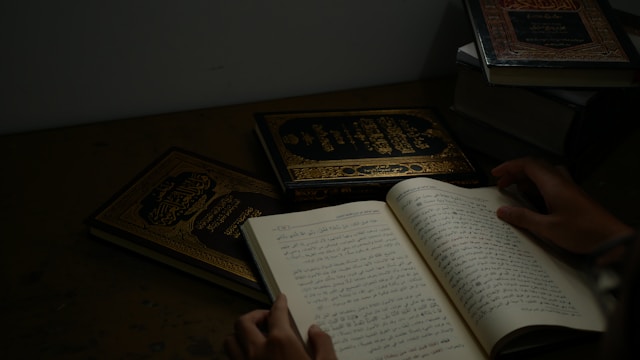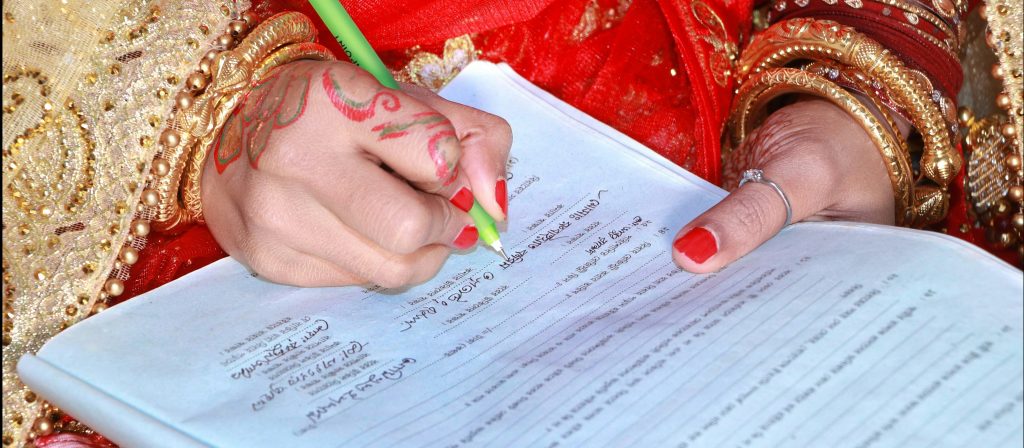
A Close Look at the Key Parts
The Muslim Family Laws Ordinance, 1961, is a crucial law designed to put recommendations from the Commission on Marriage and Family Laws into action. Let’s dive into the essential details to understand it better.
Basics of the Muslim Family Laws Ordinance, 1961:
This ordinance, often called the Muslim Family Laws Ordinance, 1961, aims to implement suggestions from the Commission on Marriage and Family Laws. It covers all Muslim citizens in Bangladesh, no matter where they live, and started on a government-chosen date.
Terms and Definitions:
Clear definitions of terms used in the ordinance are provided to avoid confusion. Key terms like “Arbitration Council,” “Chairman,” “Municipal Corporation,” “Paurashava,” and “Union Parishad” ensure a proper understanding of the law.
Ordinance vs. Other Laws:
This law takes precedence over conflicting statutes or customs. Additionally, the special councils formed by this law are not bound by the usual legal procedures.
Marriage Registration and Polygamy:
Polygamy is restricted; a man needs formal consent from the Arbitration Council before marrying again while his current marriage is ongoing. Rules for marriage registration are outlined, and not following them may lead to legal consequences.

Talaq (Divorce) and Ending Marriage:
The law outlines procedures for talaq (divorce), emphasizing prompt notification to the Chairman. There’s a 90-day waiting period before the divorce is finalized. It also addresses other ways marriages can end.
Support and Dower:
The law addresses issues where husbands fail to support their wives adequately. It also provides guidelines for dower payments, especially when the marriage contract doesn’t specify.
Authority to Establish Laws and Jurisdiction:
The government can make more rules to help with this law. Cases under this ordinance will be tried in a court within the local jurisdiction where the offense occurred or where the complainant or accused resides.
Amendments to Other Acts:
The ordinance modifies the Child Marriage Restriction Act, 1929, and the Dissolution of Muslim Marriages Act, 1939. It changes the legal age of marriage and recognizes the roles of Union Parishads, Paurashavas, and Municipal Corporations in controlling child marriages.
Conclusion:
The Muslim Family Laws Ordinance, 1961, serves as a comprehensive guide for Muslim families in Bangladesh. By understanding its key aspects, we gain insight into the regulations shaping marriages within the Muslim community in the country.
Contact us – Credence LP
Reach out to us for legal services. Credence LP, located in Dhaka, is a leading law firm providing extensive legal services across various sectors. Our team consists of like-minded, skilled, and seasoned lawyers dedicated to your legal needs.
